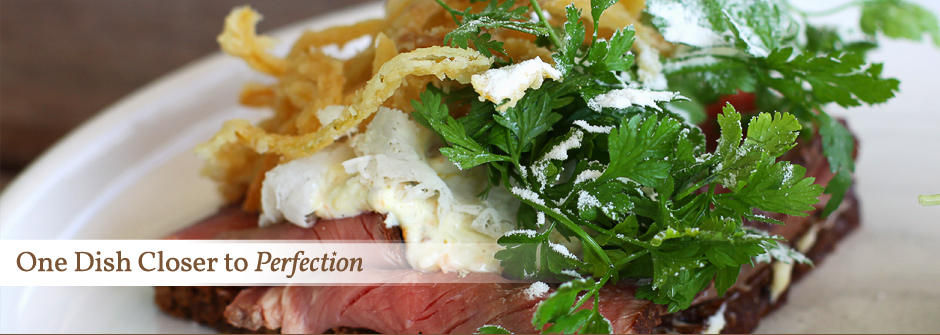Goodman and Redclift on Food, Ecology and Culture
 Tuesday, October 30, 2012 at 10:36PM
Tuesday, October 30, 2012 at 10:36PM "Contemporary interest in food is not confined to pleasure in its consumption, but extends in every direction: to its economic importance, the semiotics of food taste, the dangers of food additives and the politics of food security. We live in societies as dominated by food preferences as by sexual preferences, as obsessed about eating too little as eating too much. In addition our interest in food is associated, for good and evil, with our interest in 'nature'. As we begin to become aware that we are in a position to destroy our environment, for the first and last time, 'nature' has become imbued with so many virtues that the term 'natural' no longer confers unambiguous meaning. Nature commands attention, and the 'natural' has an ideological force, which takes us to the heart of the paradox of development itself."
Goodman, D. and Redclift, M. 1991. Refashioning Nature: Food, Ecology and Culture. Routledge: London. p. xi
 Vix |
Vix |  Post a Comment |
Post a Comment |  Quotes
Quotes 
Reader Comments